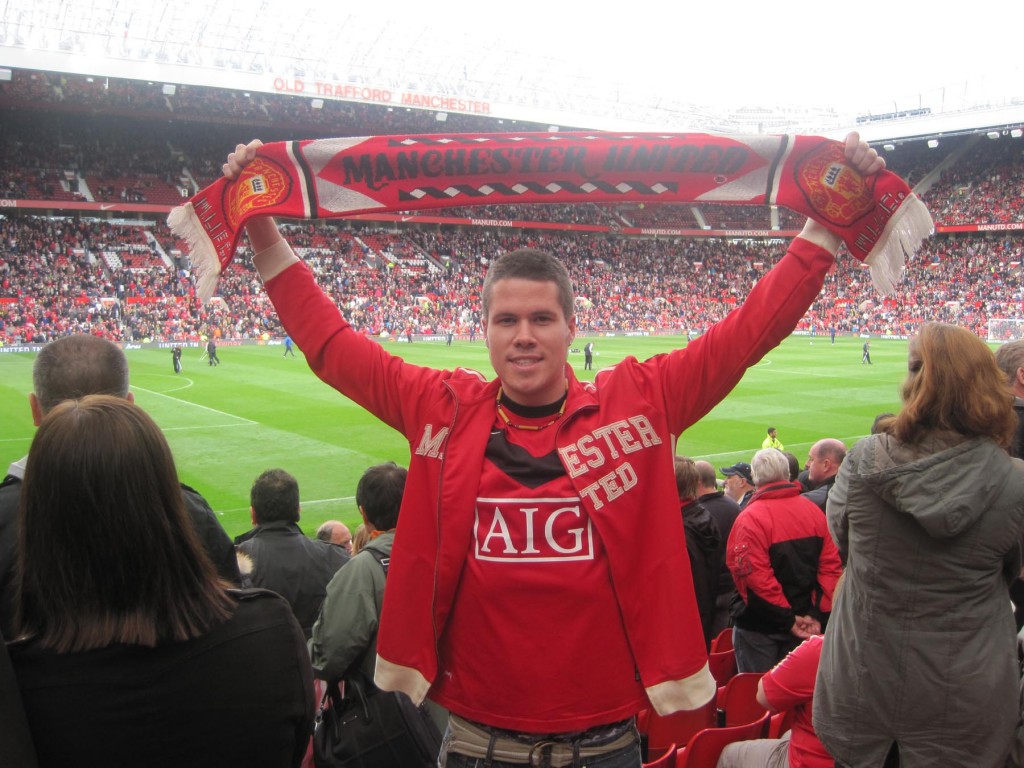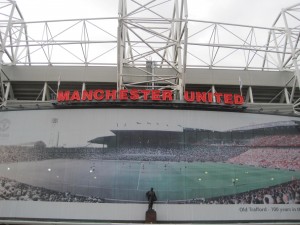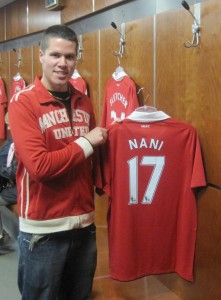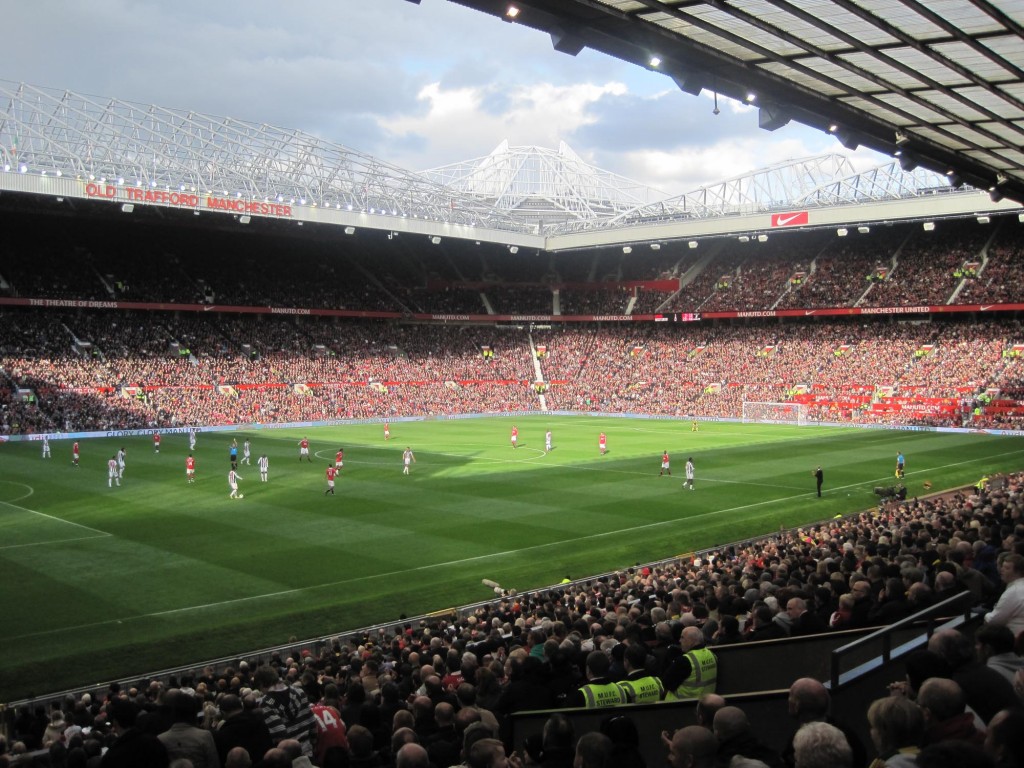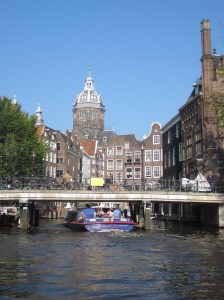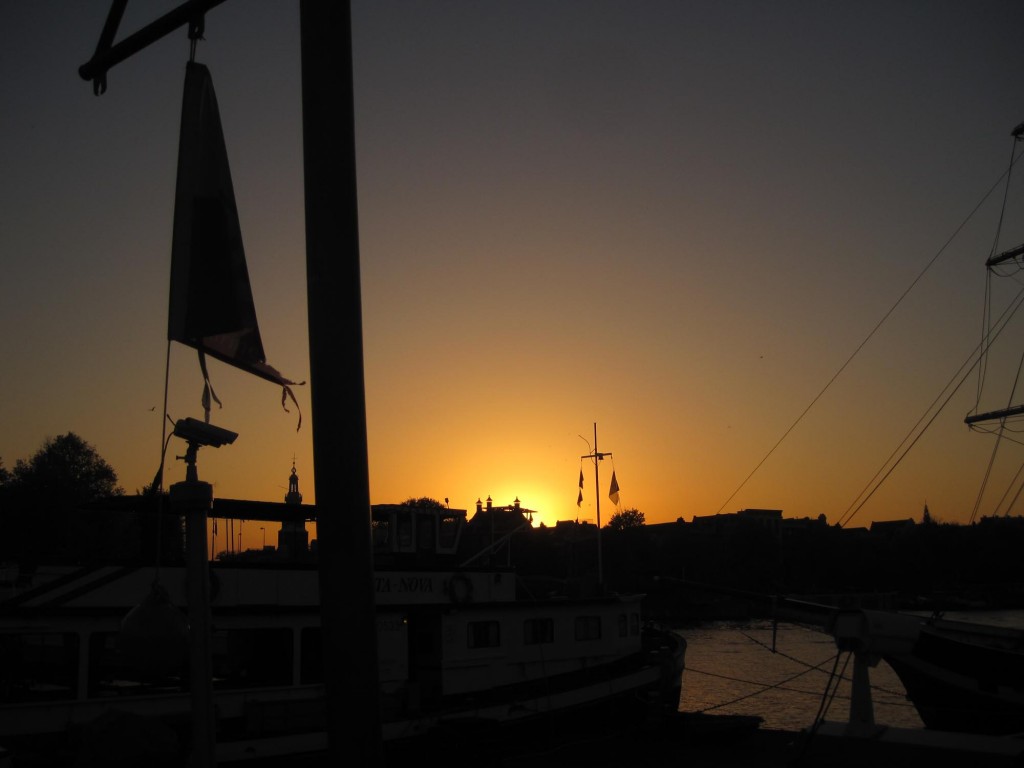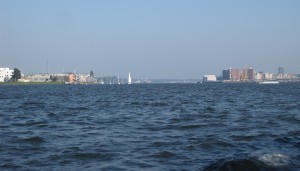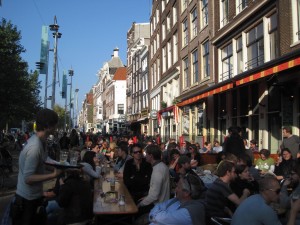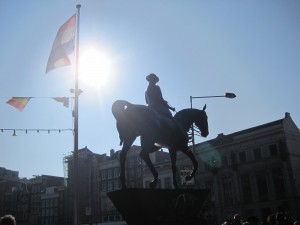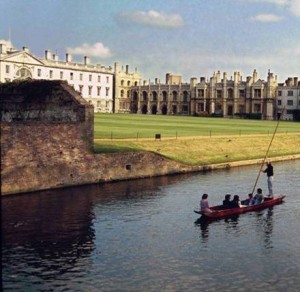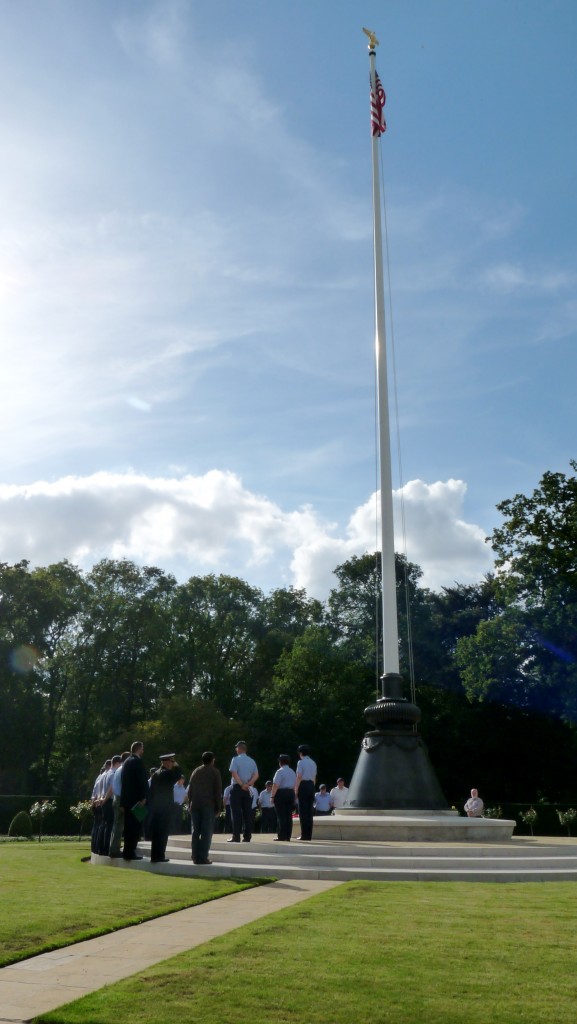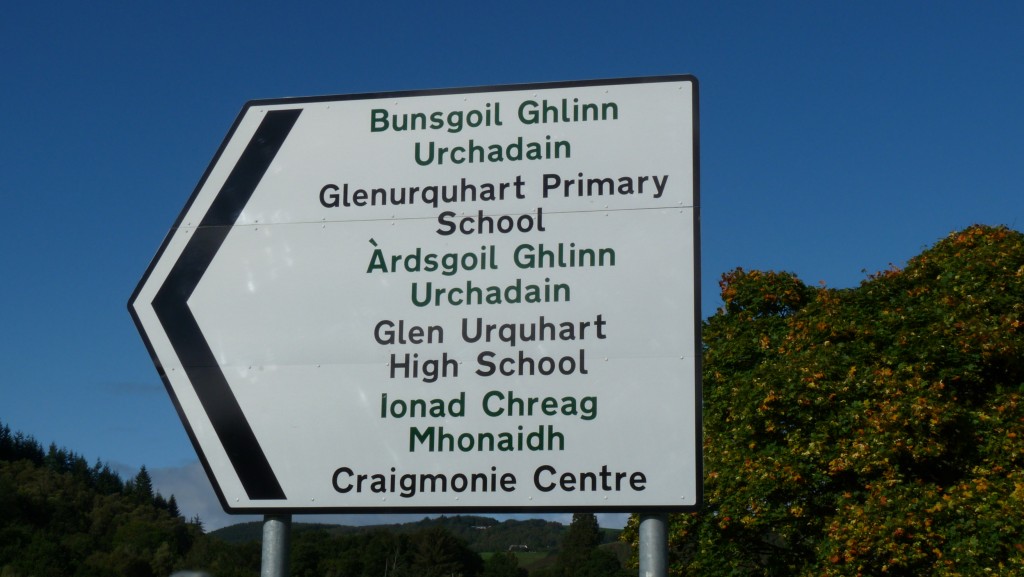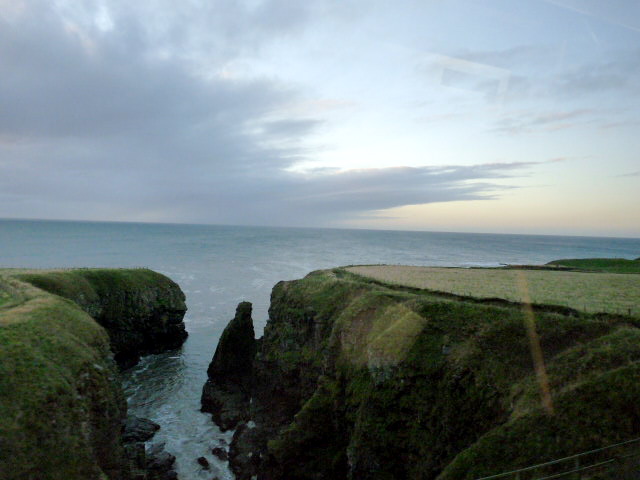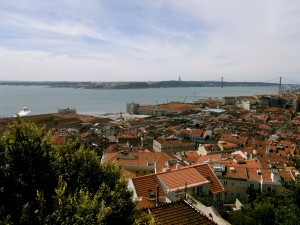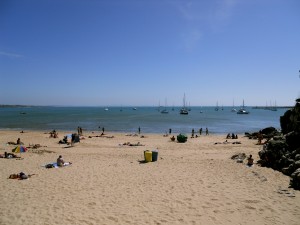From the very beginning of planning my trip to Paris, it seemed as if the weekend was destined for disaster. It took (literally) ten times to buy our Eurostar tickets, we were scammed out of an apartment two days before we were supposed to arrive, and emotions were running high in our group of seven girls who had planned to go together. We had 48 hours, and very few (and not to mention pricey) options left. Four of the girls decided on a hostel as a last resort, while myself and my friends/housemates Hannah and Alyson continued to look. Just as we were about to give up on the search and pick a different weekend to go to Paris, I had an epiphany. Luckily, and very thankfully, the entire Reutlingen group would be in Paris the exact same days, and several of my close friends within the group had mentioned they were getting an apartment. Although I knew there was a very good chance the apartment would be full, I gave it one last shot and Facebook messaged my sorority sister Angela to check the availability. The three of us sat on pins and needles waiting for her response, but, just as all good friends do, Angela pulled through and was kind enough to rebook a bigger apartment to include the three of us: the trip to Paris was back in action.
The ease of the Eurostar chunnel system was fabulous, and we had no huge problems when it came to getting to Paris. We had told the Germany group what time our train got in, and we had exchanged several of our phone numbers. I figured it would be easiest to call them once we had reached the apartment, so we split off from the other group of girls and took a taxi to the address Angela had provided. We still hadn’t heard from the Germany group, and all of the houses in the subdivision had passcode entry. No problem, I would just call them to let us in, right? … Wrong. None of our cell phones would allow us to call the Germany group, and none of our text messages were being answered. Worried and panicked, we stopped into a cafe down the road and tried to figure out what we would do next. Just as I was on the phone with our program director (the only call I was able to make), seeing how he could help us in any way possible, and on the verge of tears, Alyson got a call from an unknown number. It turned out to be the Reutlingen group, and they had been trying to reach us all night. Neither of our cell phone companies worked, so they had finally resorted to the blessing of adding credit to a Skype account. We bolted out of the cafe and just about tackled Zack and Jake as soon as we saw them. I’m not sure if I’ve ever been so excited to see two people in my entire life.
Zack and Jake started to walk us to the apartment, but warned us on the way in. “This place is small and not what we thought it was, you’re going to be disappointed,” Jake told me as he was about to open the front door. I looked at Hannah and Alyson and felt more despair creeping in.. until we stepped into the apartment, that is. It. Was. Amazing. Our own private pool, five bedrooms, five baths, a huge living room, kitchen, and dining room, as well as a deck that led out onto the roof. Not only were we safely in Paris, but we were going to live like rockstars for the next few days.
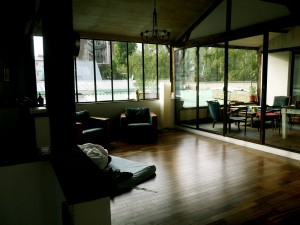
Our wonderful living room and porch!
After all the greetings and exclamations of relief that we were alright from our Reutlingen friends, we settled into our new palace and decided to break in the pool. We were in the pool for hours before realizing how late it was getting, and decided to call it a night in order to see the city the next day.
Unfortunately, we got to a late start to the day, and were in a mad dash to meet the rest of the Cambridge girls at the Cathedrale de Notre Dame. The cathedral was definitely worth the hurry, seeing as it was absolutely breathtaking. I remember seeing a picture of it on a friend’s refrigerator when I was in third grade and always wanting to see it myself, and it was surely worth the several year wait.
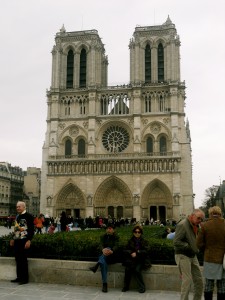
We decided to take the Metro back to the apartment and buy groceries for the rest of the weekend before we went to the Louvre that evening, and so far, the Metro had been super easy to master. It had been easy getting to Notre Dame, so we thought it would be just as simple to get home. Not so much. In a moment of utter confusion, and being unable to find someone who could give us clear directions in English, we hopped on a double decker train. We knew right away this probably wasn’t a good idea, and decided that we would get off at the next stop. Unfortunately, the train didn’t stop.. for 25 minutes. In a frenzy, we hurried off the train and realized we couldn’t even get onto a different train without a train ticket, which of course, we didn’t have. Hearing that we were lost, a nice Englishman behind us stopped us and asked where we were going. “We need to get to the 20th district,” I said, pointing our stop out to him on the map. “In Paris?” he responded, starting to laugh. I didn’t find this funny, of course it was Paris, that’s where we were after all. “You’re 15 miles outside of Paris in the suburbs,” he replied, looking at our terrified expressions. He explained to us that a train back to the heart of Paris would be leaving in 7 minutes, and he even scanned his train pass so that we could get through in time. I’m still convinced the man was an angel.
After arriving back at our apartment about an hour and a half later than originally planned, we rushed to get ready for the Louvre, which was definitely one of the places I was most excited to see in Paris. Our trip to the Louvre was great, and although I was a tad bit disappointed by the size of the Mona Lisa, it was still an incredible experience to see so many works of art that are so highly idolized and admired. We spent another evening hanging out and enjoying the company of our new housemates, and all was going well until the power in the house went completely out. None of us had any idea what to do, but thankfully, a French friend of Angela’s that had stopped by the house figured out our breaker box, and our power was restored after 40 minutes of chaos. We all laughed about it, and I already knew that leaving this wonderful place and amazing company on Sunday would be rough.
Saturday was jam-packed with sightseeing, and luckily, Alyson had friends that are studying in Paris who were happy to be our tour guides. We did a lot of walking, seeing the Sacre Coeur, Arc de Triomphe, and Moulin Rouge along the way. Since the Louvre is enormous, we also made a second trip there to see more of the iconic artwork that we didn’t catch the first time around. We decided to save the Eiffel Tower for night, and were luckily enough to catch the 8:00-8:05 light show, which was just amazing. I found myself falling more and more in love with Paris and the Parisian lifestyle throughout the day, and thinking about my train in the morning was seriously depressing.
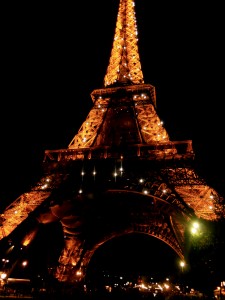
The light show at the Eiffel Tower.. Amazing!
We spent one last, amazing night with our housemates, staying up way too late to be happy about waking up at 6:00 am to catch the chunnel. I slept through both the trains from Paris to London and London to Cambridge, and although the weekend was absolutely incredible, I was pleased to see the house when I remembered my bed was inside of it. The weekend was a crazy mess of ups-and-downs, but really, I wouldn’t have it any other way — It was just further proof that no matter what life throws at you, you can rely on the care of your friends, kindness of strangers, and brain of yourself to get you through absolutely anything. Paris was a weekend I will surely never forget.
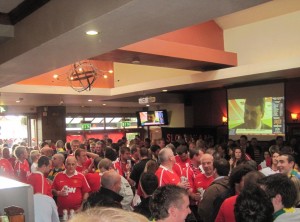 ing the stadium and its museum was something special, I was in for the experience of a lifetime on the day of the match. After bumping into a group of United fans who had made the journey down from Ireland, we hung out a supporters’ pub before the match as we counted down the hours until kick-off. We arrived at Bishops Plaize at 11:00, four and a half hours before kick-off, and astonishingly by this time the pub was already packed with supporters socializing and belting out chant after chant about their beloved club. It didn’t take long for me to join in.
ing the stadium and its museum was something special, I was in for the experience of a lifetime on the day of the match. After bumping into a group of United fans who had made the journey down from Ireland, we hung out a supporters’ pub before the match as we counted down the hours until kick-off. We arrived at Bishops Plaize at 11:00, four and a half hours before kick-off, and astonishingly by this time the pub was already packed with supporters socializing and belting out chant after chant about their beloved club. It didn’t take long for me to join in.